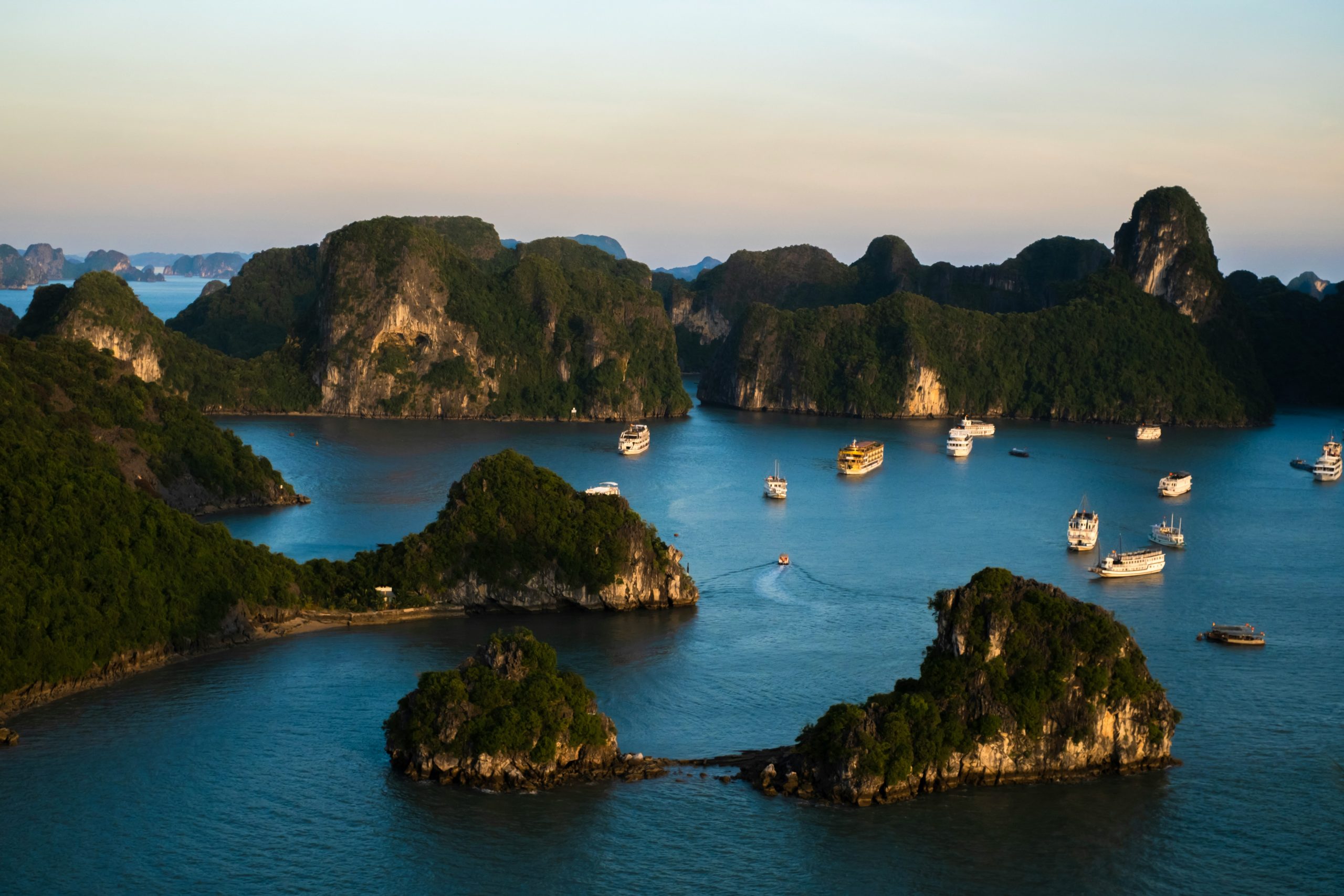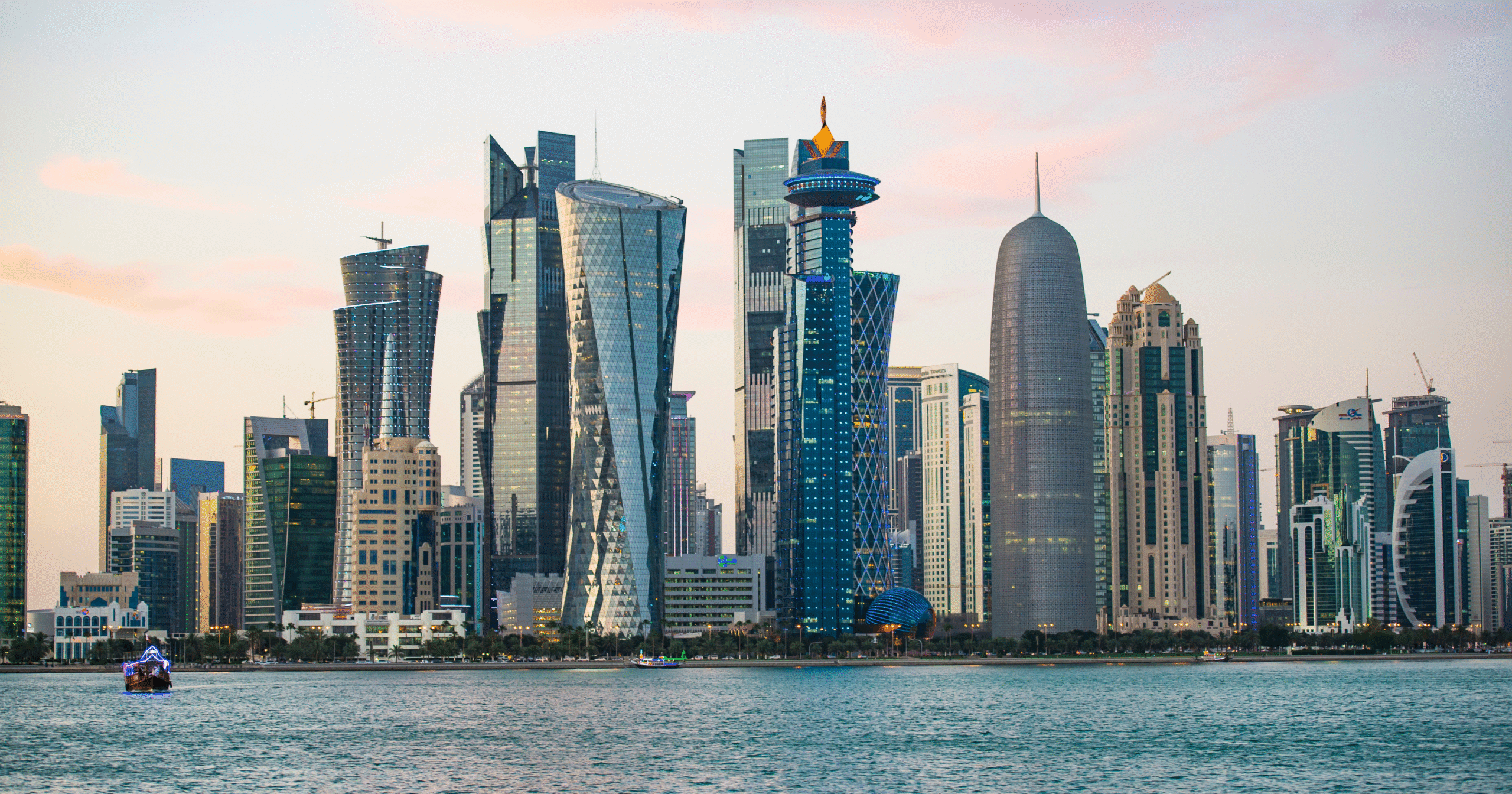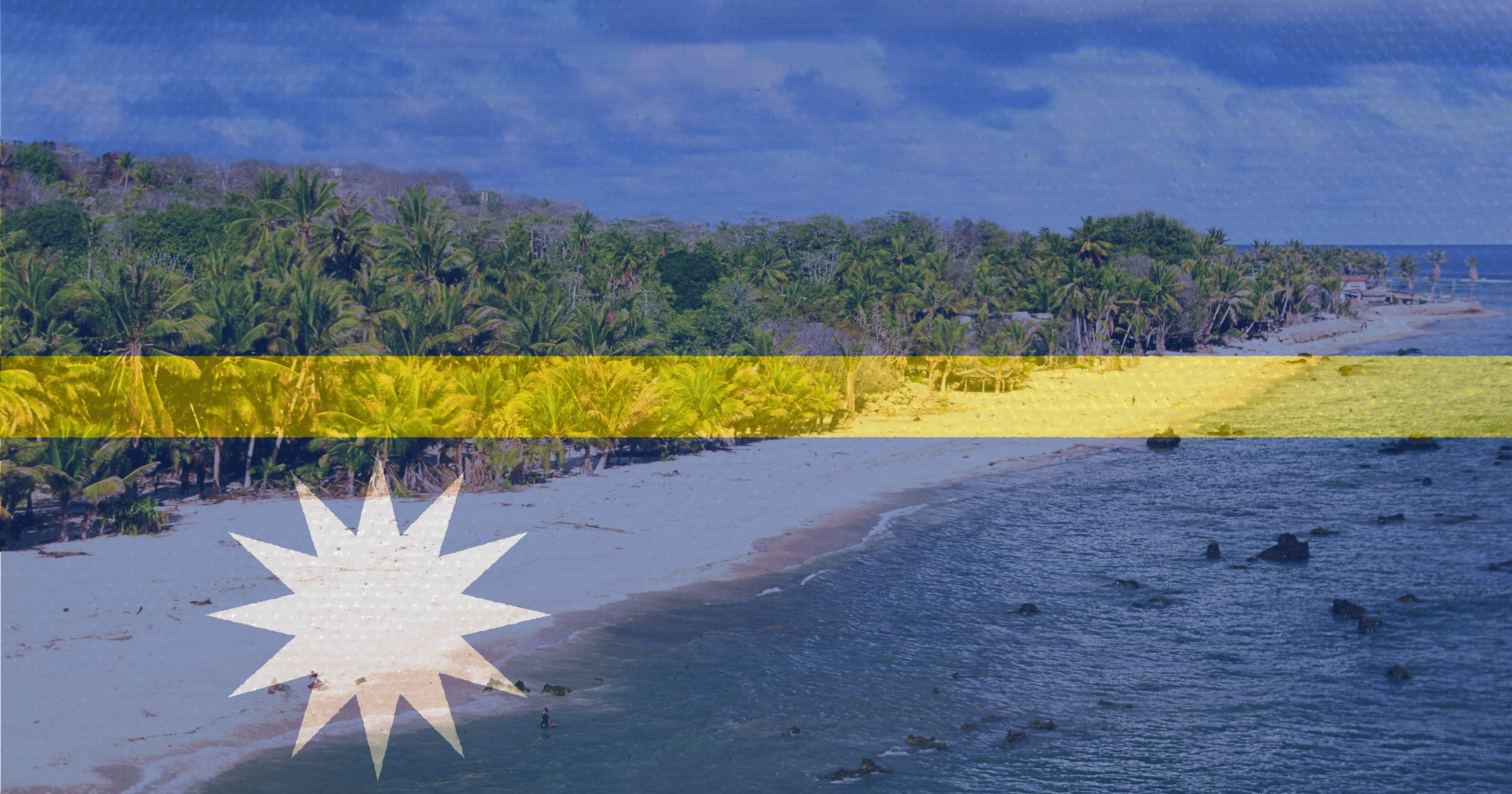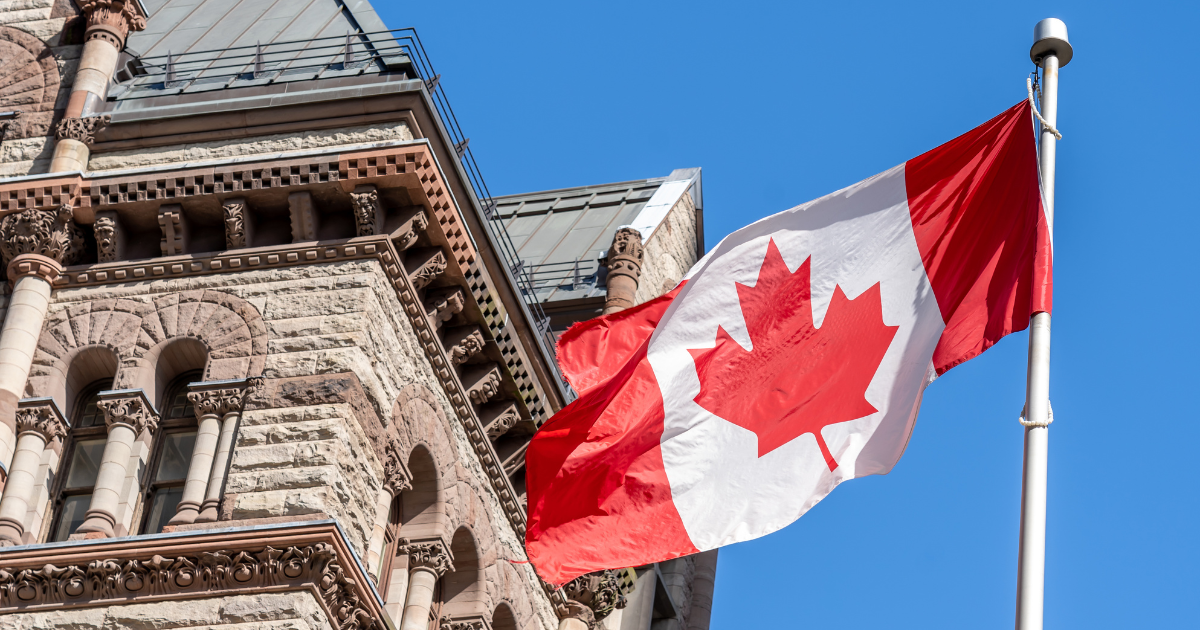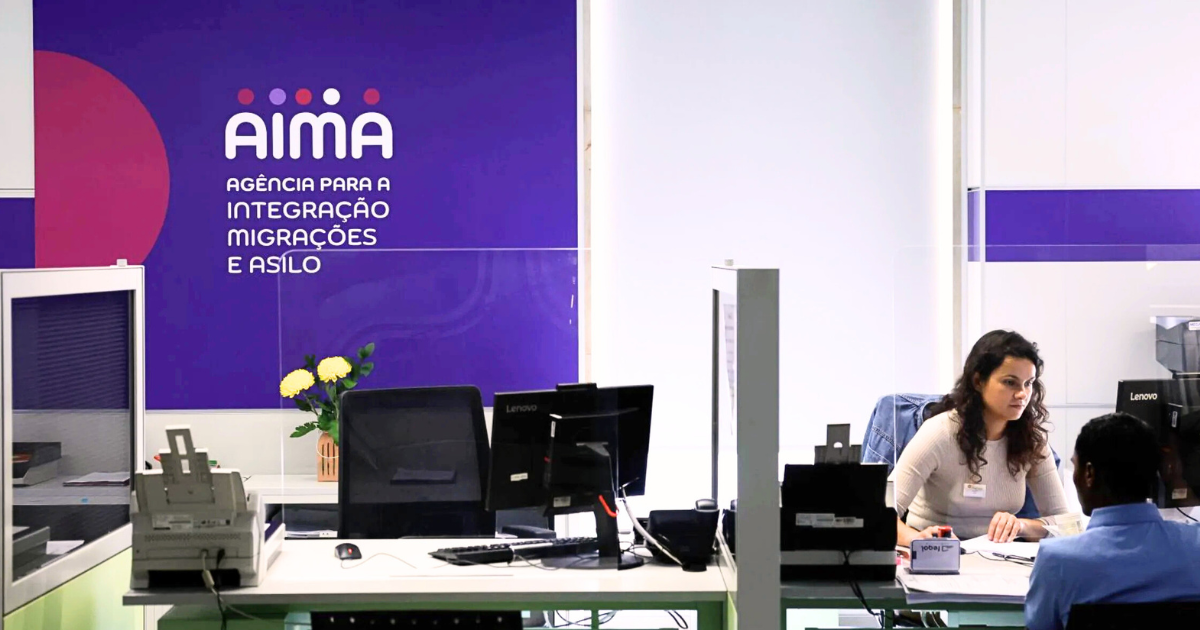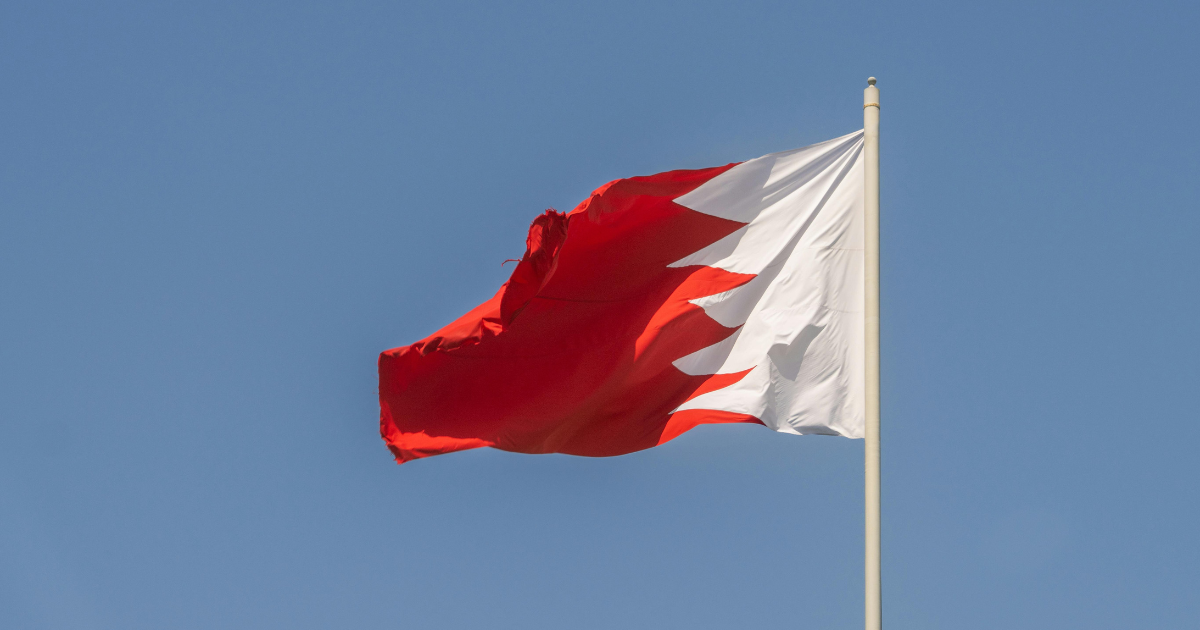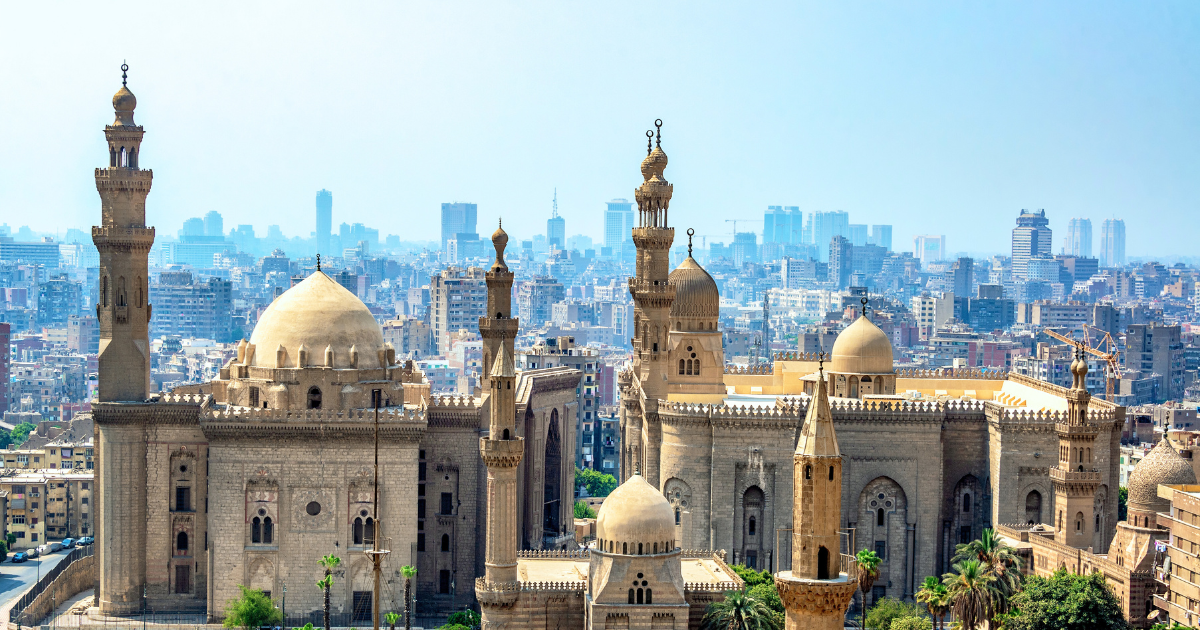Capital and talent are shifting globally after the Covid-19 pandemic. Vietnam is rising as both an investment hub and a long-term immigration destination. According to the General Statistics Office, the amount of Foreign Direct Investment (FDI) capital in Vietnam in 2023 reached more than $36.6 billion, an increase of 32% over the previous year, and in 2024 it is estimated to reach $25.35 billion, an increase of 9.4% over 2023, marking the highest disbursement level ever recorded. These figures reaffirm the strong confidence of international investors in Vietnam’s business environment.
Vietnam has a lot of potential to become a new hub for international investors and entrepreneurs because of its vibrant economy, business-friendly atmosphere, and reasonably priced cost of living (about 60% less than in Singapore and 40% less than in Thailand). Vietnam must, however, have an open and aggressive investment-based immigration strategy to compete with its neighbors in order to do this.
Current Residency Programs for Foreign Investors in Vietnam
Vietnam has not implemented a permanent residency or citizenship program for foreign investors, whereas many neighboring countries have adopted such models to attract international capital. Instead, the Vietnamese government offers several temporary residency options for foreign investors and entrepreneurs:
- Investor Visas (ĐT1 – ĐT4): These visas are granted based on the level of capital investment in a Vietnamese business, with validity ranging from 1 to 5 years.
- Temporary Residence Card (TRC) for Investors: This allows long-term stays of up to 10 years, depending on the investment amount.
- Temporary Residence Card for Managers & Executives: This card, issued under work visa categories (LĐ visa & TRC LĐ), is designed for foreign professionals and senior executives working in Vietnam.
Vietnam offers investment visas and temporary residence options. However, these short-term policies lack the appeal to match regional competitors. To attract more foreign capital, Vietnam may need to expand and refine these policies to attract foreign capital more effectively.
Foreign Investors in Vietnam: Where Does the Country Stand in the Regional Race for Capital?
Compared to its neighboring countries, Vietnam has yet to implement a sufficiently substantial investment immigration policy to compete effectively. Many regional nations have taken the lead with attractive programs:
- Thailand offers 5 to 20 years of residency with fees ranging from $17,000 to $57,000, creating favorable conditions for high-net-worth individuals (HNWIs) and international investors under the “Thailand Elite Visa” program.
- Singapore allows investors to obtain permanent residency (PR) by investing at least 2.5 million SGD ($1.8 million) in key economic sectors through the “Global Investor Program (GIP).”
- Malaysia grants long-term residency based on financial conditions and real estate investment under the “Malaysia My Second Home (MM2H)” program.
- Cambodia has a more open policy, allowing permanent residency applications through investment starting from just $100,000, making it more accessible with fewer restrictions.
A Golden Opportunity for Vietnam
Vietnam has a great opportunity to build an investment immigration program that stands alongside others in the region. With a rapidly growing economy and increasing demand for global capital and innovation, the country has much to gain. Offering permanent residency could become a strategic move to attract committed foreign investors. Key sectors like manufacturing, real estate, technology, and high-tech agriculture offer strong opportunities for long-term growth. Extending current regulations can make visa renewals easier and give investors access to long-term resident benefits.
Why Does Vietnam Need an Investment Immigration Strategy?
An investment immigration program would assist Vietnam draw in foreign talent and entrepreneurs while also bringing in direct money inflows. With 6% average GDP growth since 2021, Vietnam is ready to shape bold investment immigration policies. Major financial hubs like Ho Chi Minh City, Hanoi, and Da Nang are expanding rapidly, further reinforcing this momentum.
Vietnam shines with natural beauty—from Ha Long Bay and Hoi An to the luxury resorts of Phu Quoc. This is a major draw for foreigners seeking a location where they may conduct business and live comfortably.
Vietnam is at a historic turning point and poised to become an attractive destination for business and long-term residency. A well-designed investment immigration program could help Vietnam attract long-term capital and foster a more sustainable, open economy.


